The Risks of Sharing Your Credit Card: All You Need to Know
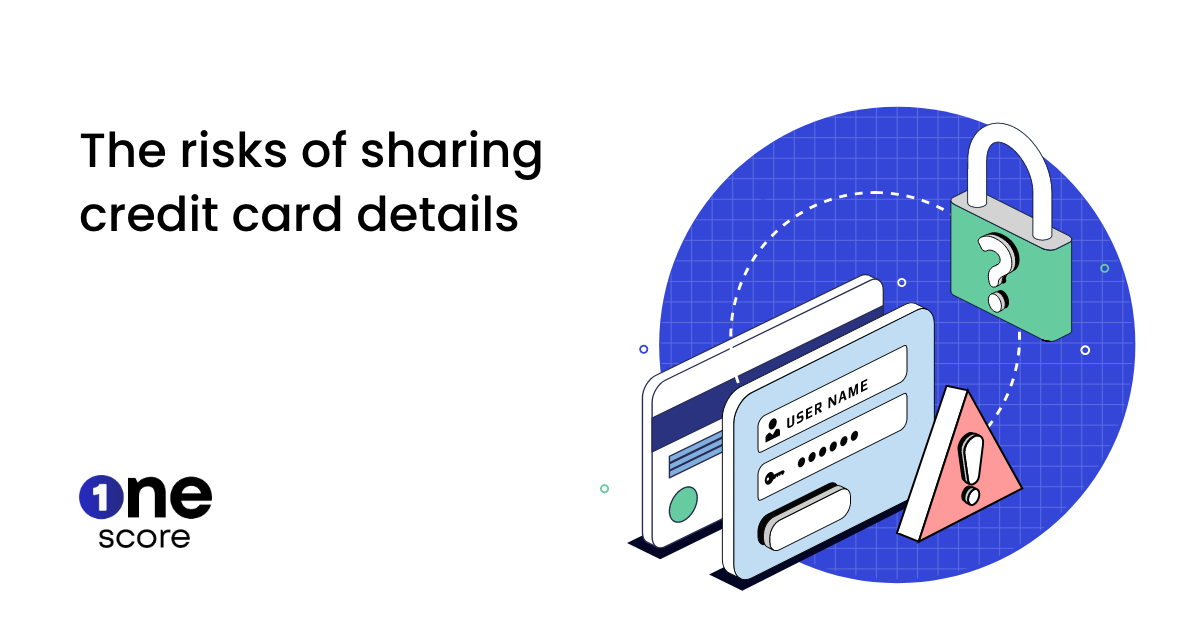
The youth today believe in living life king size, which often involves unexpected expenses. No wonder credit cards have become our go-to option. However, credit cards can become a bane instead of a boon unless handled with caution. A negligent or lax attitude toward maintaining your credit card accounts can cause you to incur considerable debt, further reducing your chances of qualifying for loans and credit in the future. Therefore, maintaining a credit score is of the utmost importance today. One of the things that can come up as a potential hindrance to maintaining a good credit impression is sharing your credit card with somebody.
There’s no denying that certain situations may require you to share your credit card with someone, perhaps a family member in need. However, sharing your credit card carries significant risks. Let’s delve into why it’s generally advised to keep your credit card information private and the precautions to take if you must share your credit card.
Understanding the Risks of Sharing Your Credit Card
1. Financial Liability
When you share your credit card with someone, you are ultimately responsible for any charges they incur. Unless the person spends responsibly, significant damages such as unauthorised purchases or overspending can occur. If said person does not pay their share of the credit, you will be solely responsible for the payment. This can lead to a serious financial burden on your shoulders to pay off added expenses that are not your own. Moreover, disputing these charges with the credit card company can be a lengthy and stressful process with little yield.
2. Credit Score Impact
Your credit score is a critical component of your financial health. If the person you share your credit card with mishandles it, your credit score could be negatively affected. If you cannot pay off dues, your credit score will drop. Additionally, late payments or high credit utilization can lead to a lower credit score, impacting your ability to secure loans or favorable interest rates in the future.
Also Read: Caught in the vicious cycle of credit card debt?
3. Fraud and Theft
Sharing your credit card information increases the risk of fraud and theft. Even if the person you share with is trustworthy, the more people who have access to your card, the higher the chance of your information falling into the wrong hands. This can lead to unauthorised transactions and significant financial losses.
Potential Benefits and Safer Alternatives
While sharing your credit card is not recommended in most situations, sometimes it becomes necessary to do so. For instance, helping a family member in an emergency or managing shared expenses with a spouse. In such scenarios, there are alternate ways to navigate the situation to minimise potential losses.
1. Authorised Users
If there is somebody with whom you regularly share your credit card, it is advisable to add them as an authorised co-user. Many credit cards provide the add-on feature. This provides a more systematic approach, as you can decide how much credit limit to extend. Consequently, this can help keep better track of expenses. However, you will still remain the primary person in charge of clearing all payments made by an authorised user. For timely reminders of bill payments & EMIs, consider using the OneScore app.
2. Joint Accounts
For spouses or partners, a joint credit card account can be a good solution. This arrangement ensures both parties have access to credit, and responsibilities and liabilities are shared. In a joint credit card set-up, the inability to pay dues will reflect in both people’s credit score. Similarly, maintaining a good payment record will increase both you and your partner’s credit score. This can be a good incentive to put in a joint effort to maintain a credit card account.
3. Prepaid Cards
Prepaid cards are another secure alternative. You can load a specific amount of money onto the card, limiting the potential for overspending and eliminating the risk to your credit score.
Best Practices for Credit Card Security
1. Keep Information Private
Never share your credit card number, PIN, CVV code, or OTP, especially over the phone, with unknown people, even if they claim they’re speaking from the bank or credit card company. Remember, banks will never ask you to share such confidential information over the phone. Be cautious when entering your card information online, and ensure the website is secure.
Also Read: A Beginner’s Guide to Avoiding Fraudulent Loan Apps
2. Monitor Your Account Regularly
Regularly check your credit card statements for any unauthorised transactions. Promptly report any suspicious activity to your credit card issuer. The OneScore’s ‘Find Out Why’ feature can be useful in this case as it analyses your data and tells you why your credit score has changed.
3. Use Security Features
Set up additional security and verification alerts, such as transaction alerts and two-factor authentication. This way, you can be instantly alerted if an unauthorised transaction occurs in your account and take prompt action.
In conclusion, sharing your credit card with anyone is generally not advisable due to the significant risks involved. While there are certain situations where sharing might seem necessary, it’s essential to consider safer alternatives like authorized user accounts, joint accounts, or prepaid cards. By following best practices for credit card security, you can protect yourself from financial liabilities, credit score damage, and fraud. Remember, safeguarding your credit card information is a crucial step in maintaining your overall financial health.
**Disclaimer: The information provided on this webpage does not, and is not intended to, constitute any kind of advice; instead, all the information available here is for general informational purposes only. FPL Consumer Services Private Limited and the author shall not be responsible for any direct/indirect/damages/loss incurred by the reader in making any decision based on the contents and information. Please consult your advisor before making any decision.
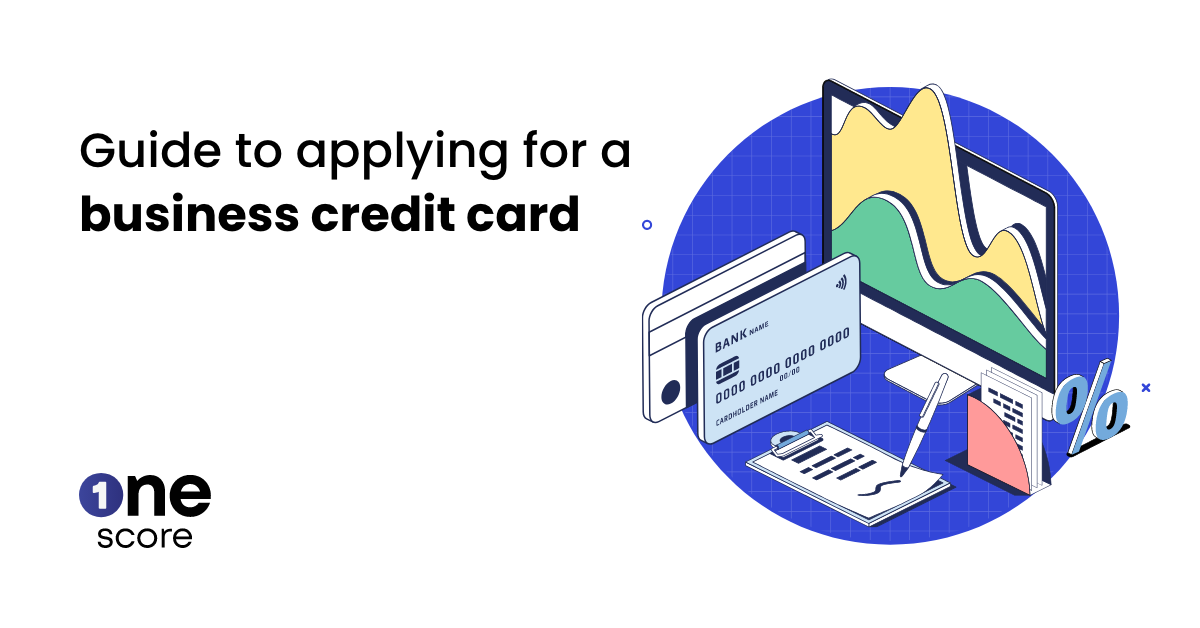
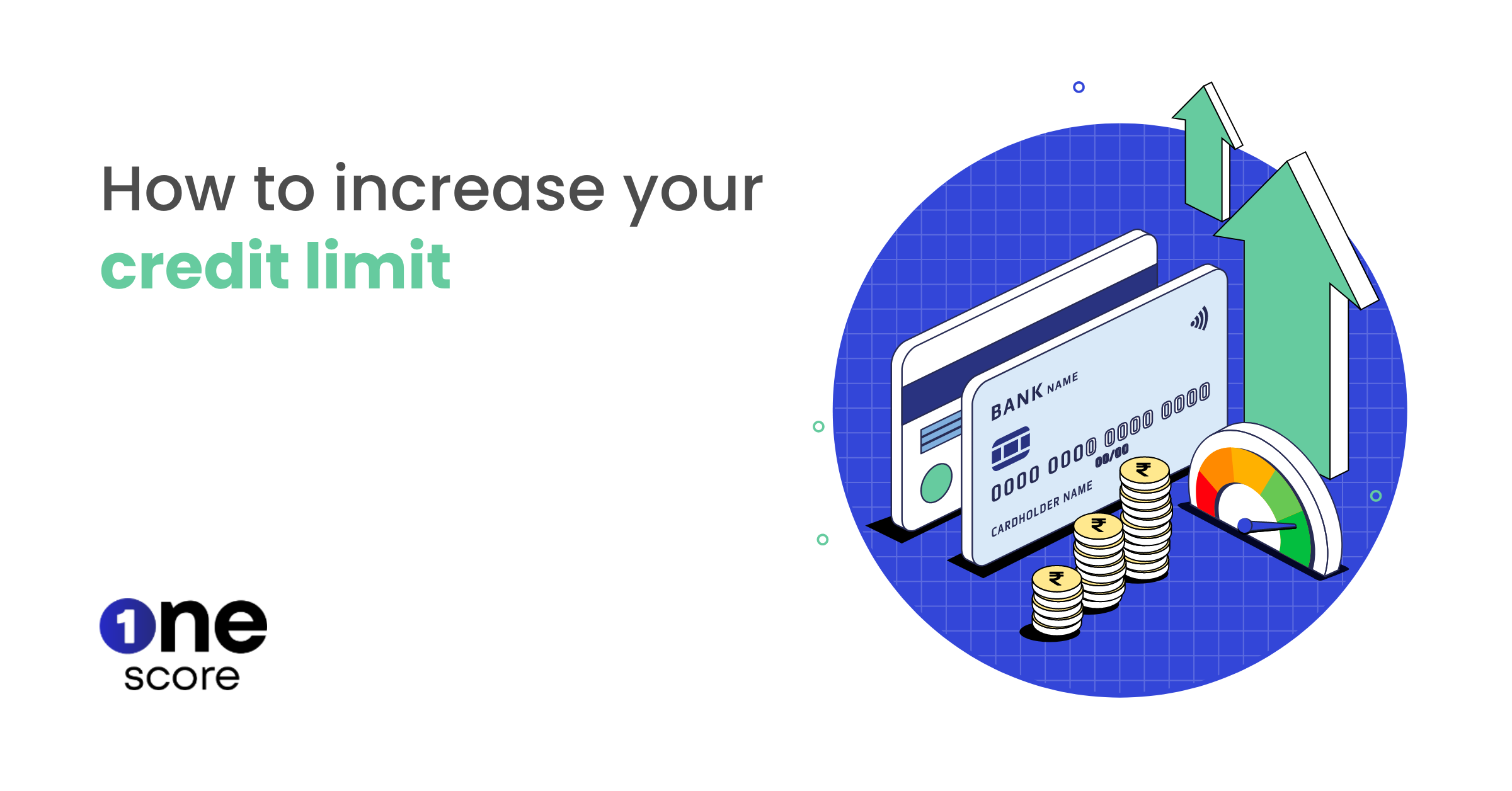

How your credit cards can become your best friend on vacation
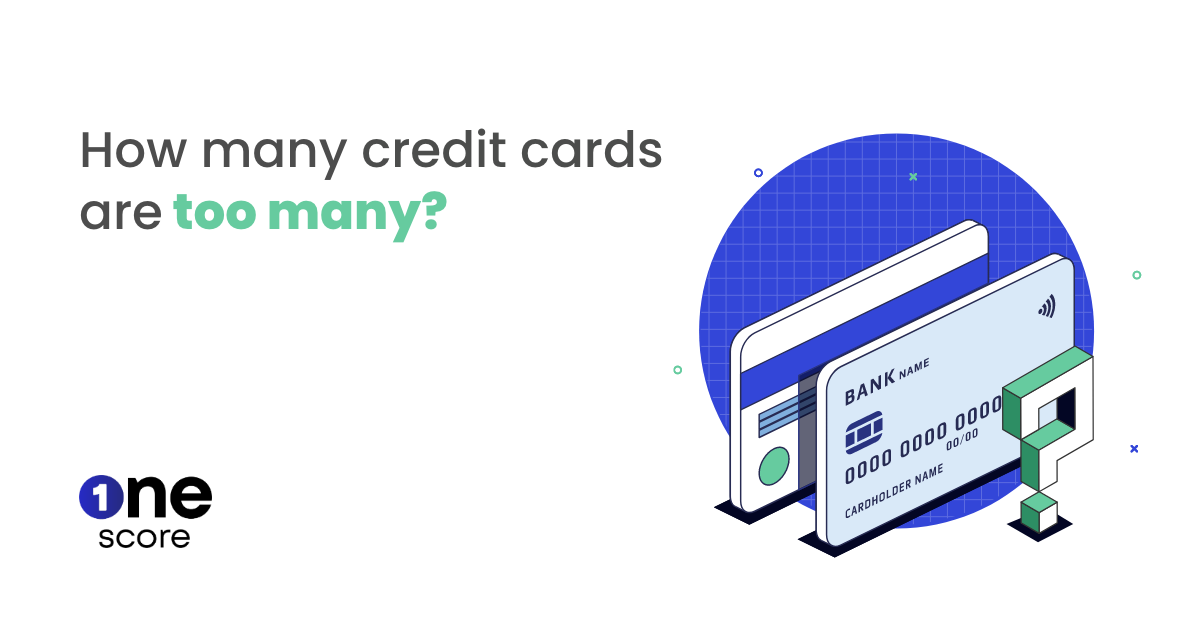
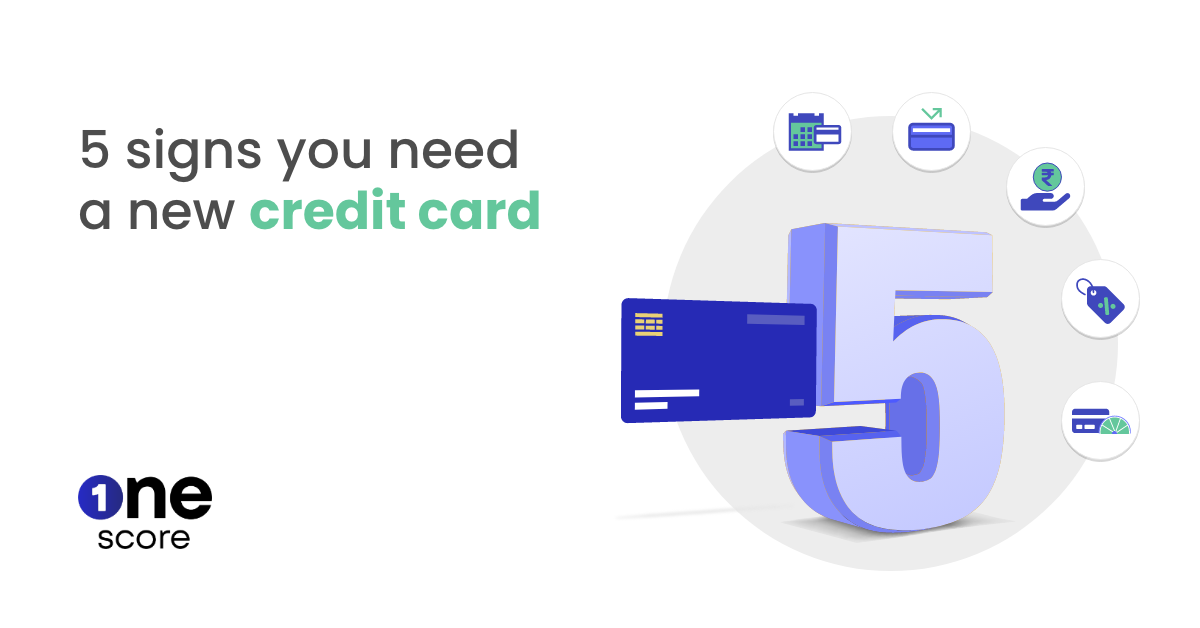
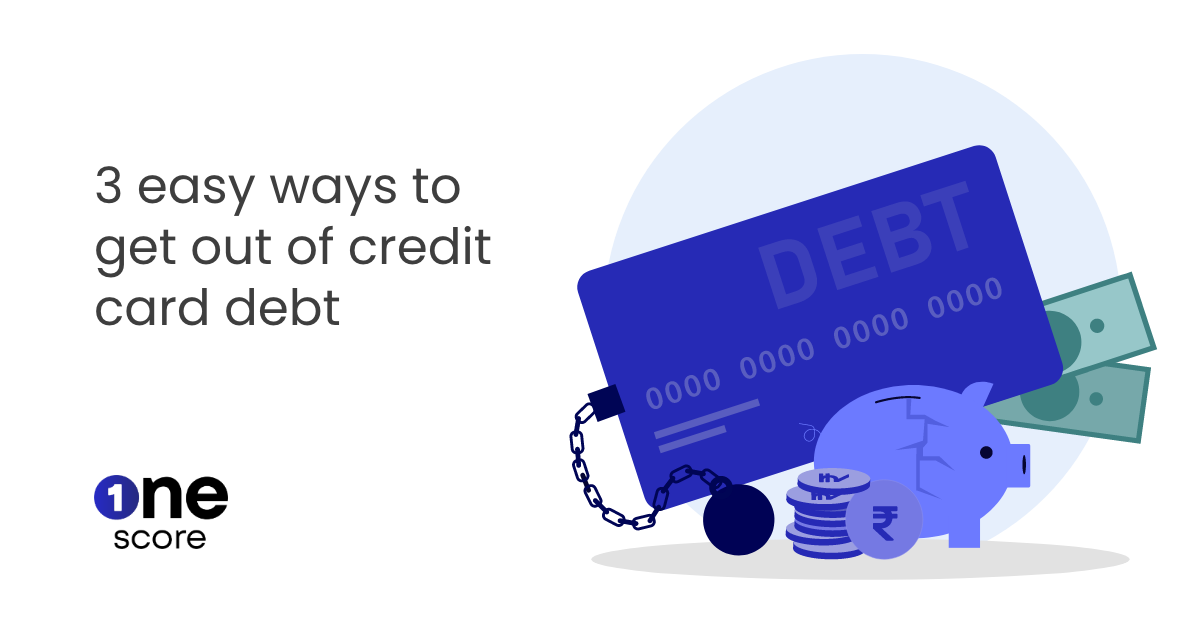
- OneScore , July 26, 2024

